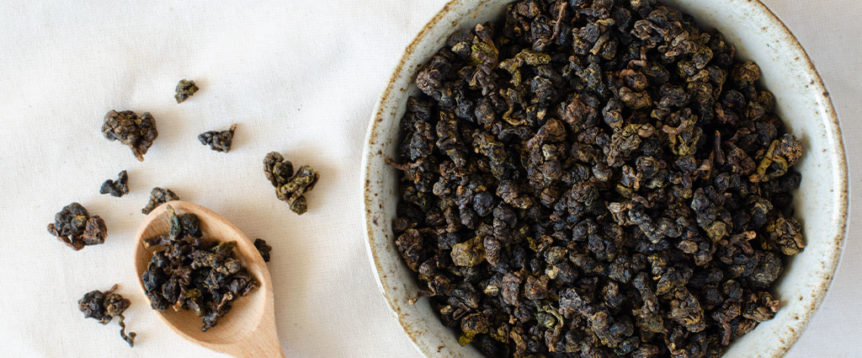Gamma-aminobutyric acid, or GABA, has become a popular stress-reducing and anxiety-calming supplement in recent years.
› What is it?
GABA is an amino acid that works as an inhibitory neurotransmitter in the brain. In a mature central nervous system, GABA binds to nerve cell receptors and hinders their ability to send and receive messages. With too little GABA, the central nervous system becomes overwhelmed by signals. Low levels of GABA in the body have been linked to anxiety, mood disorders, epilepsy, ADHD, panic disorders and chronic pain.
› Health benefits
Several studies have shown a reduction in the markers of stress in patients given GABA supplements. Researchers are not sure of the mechanism, however, because very little of the substance seems to cross the blood-brain barrier. There’s insufficient research to show that GABA helps with any other conditions.
› How much do I need?
There is no set dosage for GABA supplementation because so little research has been done, and it’s a good idea to talk to your doctor before taking GABA. Some commonly reported side effects include upset stomach, muscle weakness, headache and drowsiness. You shouldn’t drive after taking GABA until you know how it affects you.
› In food
GABA is found only in fermented foods, such as kimchi, miso and tempeh, and research shows that only a small amount actually reaches the brain. However, fruits, vegetables, tea and red wine contain flavonoids that influence the effectiveness of the GABA already in the brain.
› Dietary supplements
GABA supplements can be found in capsule, tablet, powder, gummy and even tea form.
Sources: Healthline, National Institutes of Health, WebMD
Please consult your health care provider before making changes to your vitamin/supplement regimen.


